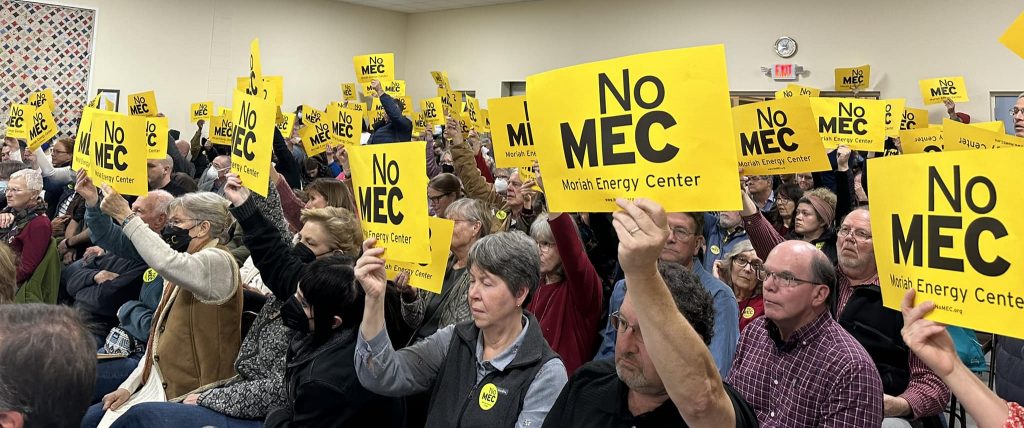On June 6, the Ohio River Valley Water Sanitation Commission voted to replace strict, mandatory, interstate protections of the river with voluntary guidelines that states and local governments can decide whether to abide by.
The commission’s March 2019 statement claims that the deregulation will provide “needed flexibility for member states” to determine their own water quality standards. The Cincinnati-based regulatory commission has maintained water protection standards since 1948, operating as an interstate coalition because what one does to the river in one state can have downstream impacts in another.
The plan to repeal long-held interstate regulations protecting the Ohio River from both unintentional pollution and dumping from industrial sites along the river received sustained public disapproval. More than 4,000 people spoke out against the deregulation during a public comment period in April 2019.
Concerns about the impact of this decision on the environment are at the forefront, especially given the planned expansion of petrochemical operations along the river. Some citizens are concerned that, without the commission enforcing regulations, states will decrease their own protections. In a press release, nonprofit law firm Fair Shake Environmental Legal Services stated that the repeal “facilitates a race to the bottom as states seek to become more attractive to industrial development.”
The U.S. Environmental Protection Agency considers the Ohio River to be one of the most polluted bodies of water in the United States. — By Kelsey Stratman
Related Articles
Latest News

Leave a comment
Your email address will not be published. Required fields are marked *





FERC extends MVP Southgate certificate for an additional three years